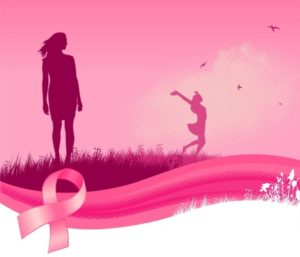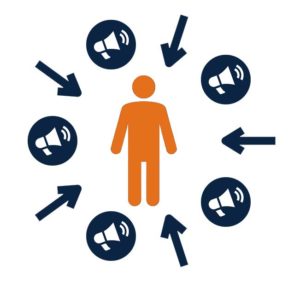

Are You “Normal”?
“Are these blues I feel normal?” “Should I get help?”
We get many questions on the “what’s normal” theme when it comes to depression and mental health: Is it normal to feel this depressed? Do I drink too much? Why do I get so angry? Everyone has times when their usual coping mechanisms
fail. And as the seasons change from fall to winter, many people suffer from Seasonal Affective Disorder, or S.A.D. But when symptoms persist, it’s time to reach out for help.
Signs that might indicate a need for help include:
Mood swings • Dramatic highs and lows • Confused thinking • Feeling sad, “empty,” hopeless, irritable, anxious or guilty • Problems with concentration, memory, or logical thought • Being frequently suspicious, irritable, or anxious • Withdrawal from social contact • Loss of interest in favorite activities • Dramatic changes in sleeping or eating patterns • Decline in personal care • Seeing or hearing things • Substance abuse • Thoughts of suicide or suicide attempts.
Our online Emotional Wellbeing resources let you confidentially explore anxiety, depression, stress and other mental health issues. You can also take self-assessments and quizzes. If you can’t seem to shake the depression or anxiety you feel, talk to a physician or a therapist to explore the cause of your feelings of depression and what alternate treatments are available. Remember, you can call to speak to your EAP counselor day or night! 800.252.4555
Breast Cancer Awareness
 Nearly a quarter of a million U.S. women get breast cancer each year and more than 40,000 women die from the disease. The National Breast Cancer Foundation has a new free guide, Know the Symptoms, with a checklist of symptoms to help you know what to look for during a self-exam.
Nearly a quarter of a million U.S. women get breast cancer each year and more than 40,000 women die from the disease. The National Breast Cancer Foundation has a new free guide, Know the Symptoms, with a checklist of symptoms to help you know what to look for during a self-exam.
Promote Yourself!

Looking for a boost to your career? Your EAP has courses to hone your management skills, get along better with your colleagues or boss, or develop job skills. Whatever your career goals, we can help you succeed on the job. Check out our free online trainings by logging in to your personal Training Center for dozens of free courses online 24/7. And don’t forget to check into the discounts available to you and family members on degree programs from some of the nation’s best colleges
and universities.
Family Violence
If you, a friend, relative or a person you care about might be in an abusive situation, learn more at our Workplace & Intimate Partner Violence Center. Research domestic violence resources and shelters in your local area and make a safety plan. If you are in immediate danger, call 911. Otherwise, call the National Domestic Violence Hotline at 1-800-799-7233 (SAFE) or 1-800-787-3224 (TTY) or call your EAP.
www.theEAP.com | 800.252.4555
